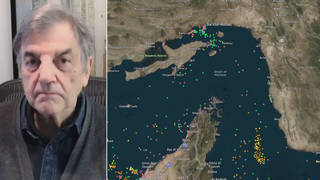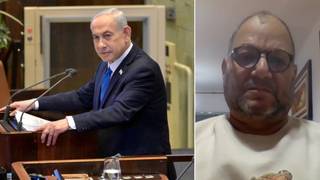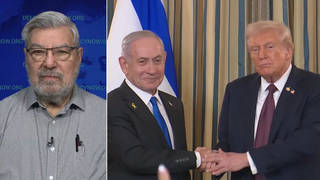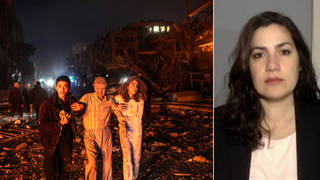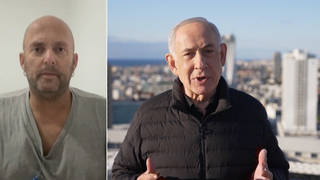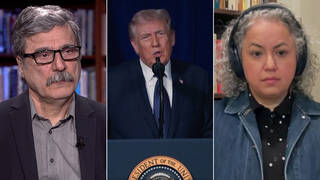“The Secret Agent”: Kleber Mendonça Filho on His Oscar-Nominated Film & Brazil’s Military Dictatorship
Brazilian director Kleber Mendonça Filho joins us to discuss his Oscar-nominated film, The Secret Agent, and the history that inspired it. The film is set in the northern Brazilian city of Recife in the 1970s, during the country’s U.S.-backed military dictatorship.





